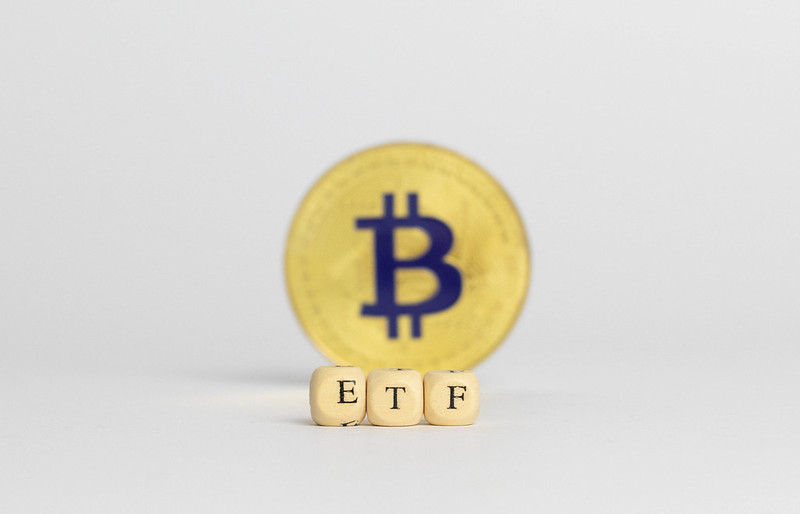
The U.S. Securities and Exchange Commission (SEC) has finally given the green light for the first spot on bitcoin ETFs, an event many within the crypto industry have long hoped would occur. However, according to JPMorgan, multinational financial services, the market reaction has been subdued as investors are better aware of inflows going into these new products.
BREAKING: JPMORGAN "SKEPTICAL OF THE OPTIMISM… THAT A LOT OF FRESH CAPITAL WILL ENTER THE #CRYPTO SPACE" DUE TO #BITCOIN ETF APPROVAL
— BSCN Headlines (@BSCNheadlines) January 15, 2024
The report, written by a team of analysts led by Nikolaos Panigirtzoglou, voiced skepticism on the bullish expectations on the spot bitcoin ETF approval, attracting many new capitals into the crypto space.
We are skeptical of the optimism that many market participants share that a lot of fresh capital will enter the crypto space due to the spot bitcoin ETF approval, said Nikolaos Panigirtzoglou.
The report estimated potential inflows of up to $36 billion into new spot bitcoin ETFs. This influx could come from various sources, including existing crypto products like Grayscale Bitcoin Trust (GBTC), futures-based ETFs, and digital wallets at crypto exchanges, without requiring new capital in the cryptocurrency market.
It also highlighted the potential migration of nearly $3 billion from GBTC to the new spot ETFs. Investors expected migration as those with discounted GBTC sought profit opportunities. The report issued a warning, stating that the firm’s high fees could lead to more outflows. It recommended that Grayscale reduce its fees to align better with competitors like Blackrock and other ETF providers.
Investor Preference Shifts to Spot Bitcoin ETFs
The report also said that institutional investors who store their crypto in fund format could shift from futures-based ETFs and GBTC to the spot Bitcoin ETFs that are cheaper, especially if GBTC is slow in cutting its fees. Futures-based: An afterthought on 18/6/2021 telecom show with the co-president of WisdomTree Jeremy Schwartz on Bitcoin generates non-equity return notion.
SEC-approved futures-based ETFs carry higher costs and tracking errors than spot ETF counterparts holding BTC directly. The report suggests that approving the spot bitcoin ETF could positively impact the price of BTC. This is due to the anticipated increase in market liquidity and efficiency resulting from the approval.
However, it issued a warning that the approval of the spot bitcoin ETF could result in heightened short-term regulatory scrutiny. Additionally, it may contribute to increased volatility in the cryptocurrency space.
Related Reading | Bitcoin Bulls: Experts Forecast Soaring to $500K on ETF Approval








